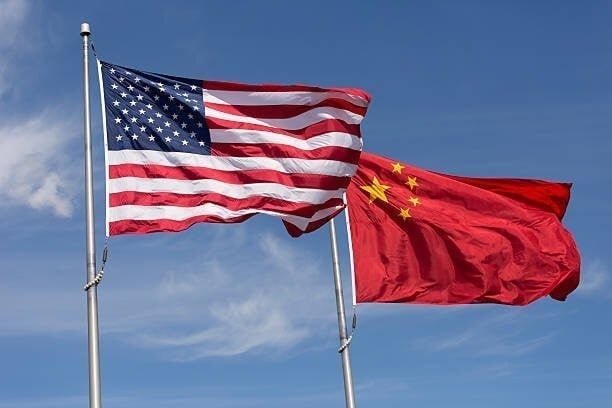
The decision to suspend tariffs between the US and China, albeit a temporary truce, is causing many countries to reconsider their approach to trade negotiations with the US administration. According to the Japan Times (japantimes.co.jp), Beijing's resolute stance has yielded an unexpected result, leaving other US partners wondering whether soft diplomacy is still effective in a volatile global trade environment.
China "wins" one round, other countries follow?
Just a week after the US and China agreed to a truce in their trade war, Beijing’s tough stance has come as a major surprise. While China still faces an average import tariff of nearly 50% from the US (including the 30% tariff agreed in Geneva), US President Donald Trump’s willingness to cancel earlier tariffs of 145% on Chinese goods has surprised governments from South Korea to Europe, which have so far complied with Washington’s demands for talks rather than retaliating with tariffs.
“This changes the dynamics of the negotiations,” said Stephen Olson, a former US trade negotiator and now a visiting senior fellow at the ISEAS-Yusof Ishak Institute in Singapore. “Many countries will look at the outcome of the Geneva talks and conclude that President Trump has begun to realize that he has overplayed his hand.”
The fact that China, with its hard-nosed negotiating tactics, has achieved a favorable deal—if only temporarily—has prompted countries that have adopted a more rapid diplomatic approach to question the efficacy of that path. While officials have been reluctant to publicly display toughness, there are signs that larger countries are realizing they hold more cards than previously thought and can afford to slow the pace of negotiations.
For example, South Korea's leading presidential candidate, Lee Jae-myung, criticized the interim government for "hasty cooperation" with the Trump administration and said there was no need to rush to reach an early agreement in trade talks with the United States.
Signals from key partners
President Trump has said that India is ready to drop all tariffs on US goods, but Indian Foreign Minister Subrahmanyam Jaishankar has dismissed the claim, saying that negotiations are ongoing and “any judgment on this issue would be premature.” Indian Commerce Minister Piyush Goyal is expected to travel to the US to continue talks, suggesting that New Delhi is in no hurry to make concessions either.
“Many countries can learn from China that the right way to negotiate with President Trump is to be firm, stay calm and force him to surrender,” said Marko Papic, chief strategist at GeoMacro at BCA Research.
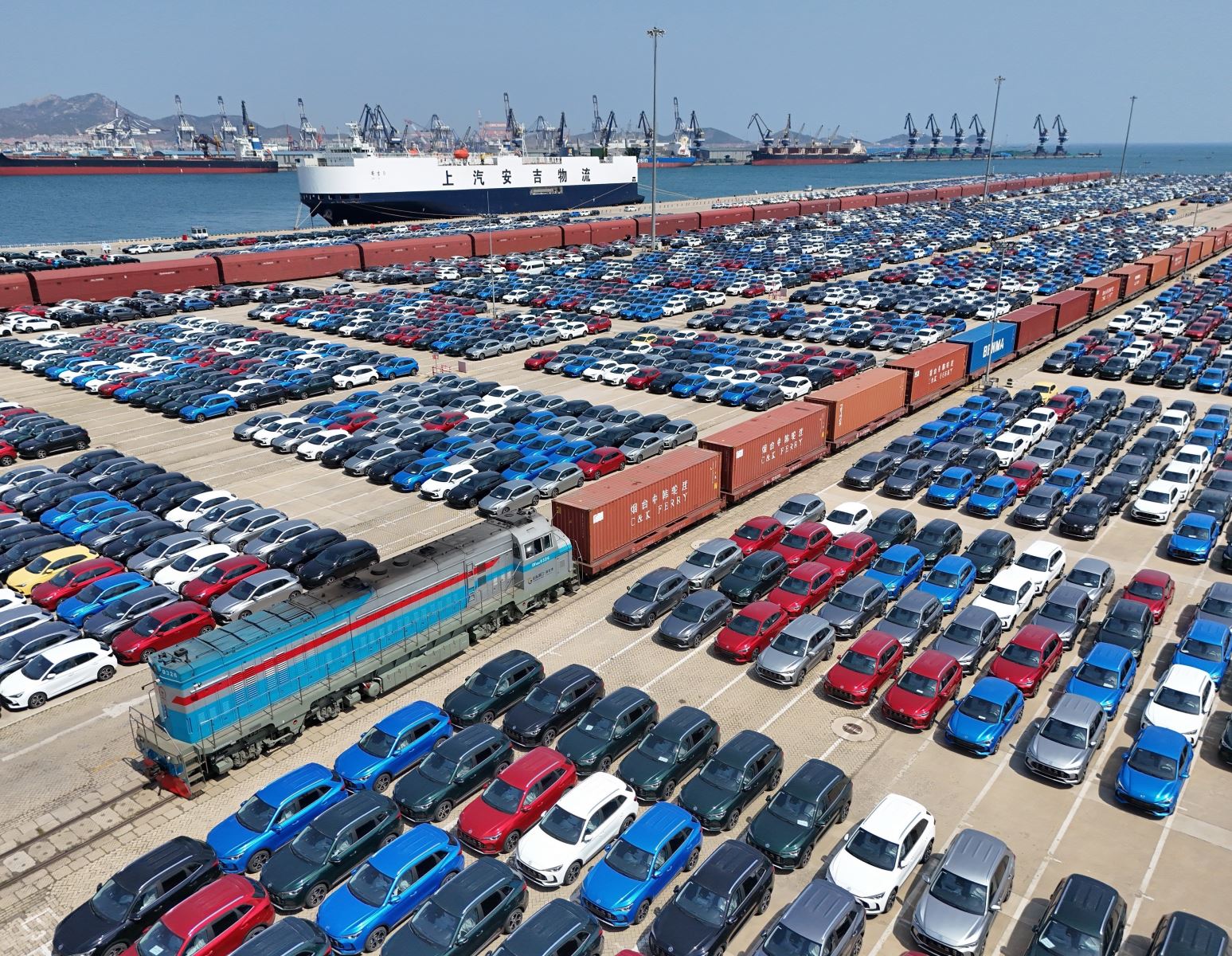
Even Japan, a close US ally, is showing signs of rethinking. While the lead negotiator, Japan's Economic Revitalization Minister Ryosei Akazawa, had initially hoped to reach a deal with the US by June, recent reports in the domestic media have suggested it could be in July, before the Upper House elections. "Everyone in line is wondering, 'Oh, why am I in line?'" said Alicia Garcia Herrero, chief Asia- Pacific economist at Natixis. "This deal gives China priority and also doesn't have a clear benefit for the US, so it's doubly painful for other countries that are watching."
US officials are also signaling that the talks will take longer. Treasury Secretary Scott Bessent said the European Union (EU) is suffering from a lack of unity that is hampering the talks, and predicted that the US and EU could be “a little slower” in reaching a deal.
For their part, officials in Brussels have been skeptical of the US-China truce announcement, seeing it as a move to keep high tariffs and restrictions in place on multiple fronts. They say the meager negotiating gains for the US and the lack of a clear outcome during the 90-day reprieve show that President Trump’s desire to increase pressure on Beijing is limited.
"The trade landscape is becoming more fragmented" and "the agreements reached so far do not fully address the situation," said Valdis Dombrovkis, the European Commission's top economic official.
In Latin America, where developing economies want to maintain both Chinese investment and export access to the U.S. market, leaders are trying to tread a cautious path. Brazilian President Luiz Inacio Lula da Silva signed more than 30 agreements during a state visit to Beijing, while dismissing concerns that deepening ties with China would lead to a negative U.S. reaction. Colombian President Gustavo Petro also signed up to China’s Belt and Road Initiative, with his country’s foreign minister stressing that the U.S. remains a key ally.
The US-China deal could also show countries that the Trump administration is not immune to the domestic economic pain caused by tariffs. “The economic pain is more acute and widespread in the US, so this could be seen as an acknowledgement of that by the Trump administration,” said Robert Subbaraman, head of global market research at Nomura Holdings.
However, Bert Hofman, a professor at the National University of Singapore and former World Bank country director for China, warned that only countries with economic power and less dependence on trade with the US can afford to act tough. "Most countries are quite risky in being tough with the US," Professor Hofman said.
For economically under-leveraged countries whose economies depend on trade with the US, the options are limited. If larger countries want to fight back, one area where they could be motivated is services, where many, such as the EU, Singapore, South Korea and Japan, have large services trade deficits with the US, said Katrina Ell, chief Asia-Pacific economist at Moody’s Analytics.
“China has a lot of leverage over the US to continue with its tough stance while many other economies do not,” Ms. Ell concluded. “What we need to remember is the leverage and who has it.”
Source: https://doanhnghiepvn.vn/quoc-te/my-trung-dinh-chien-thue-quan-lieu-chien-thuat-cung-ran-se-lan-rong-toan-cau-/20250521080437755



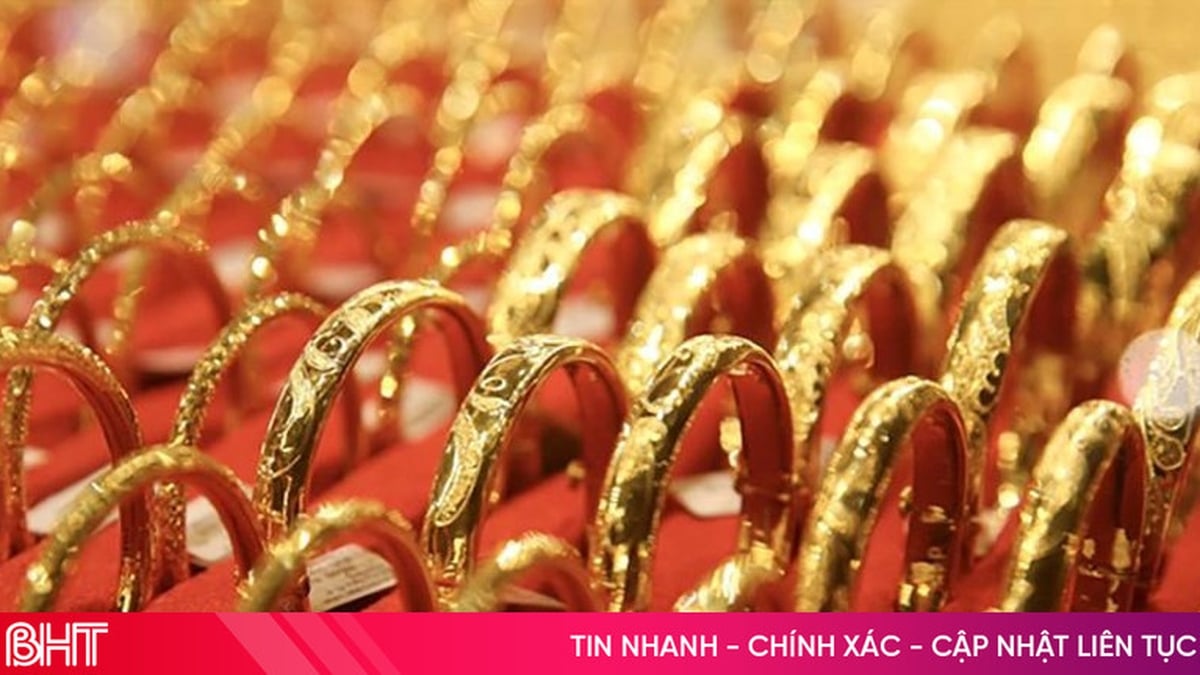

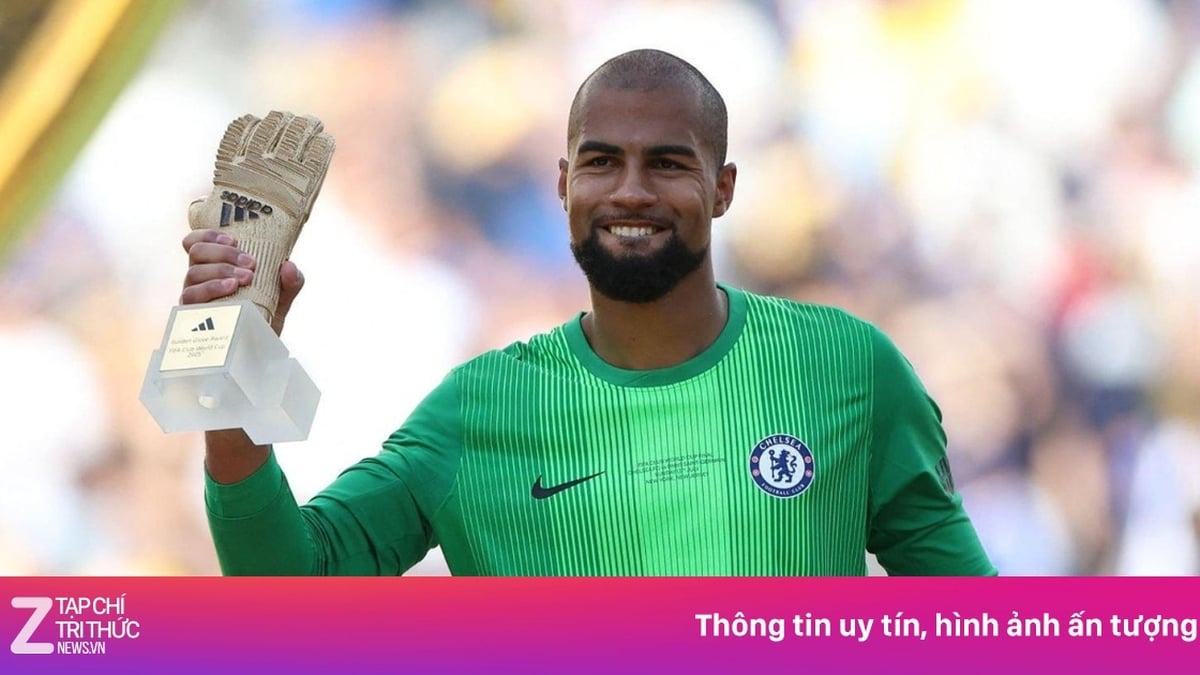

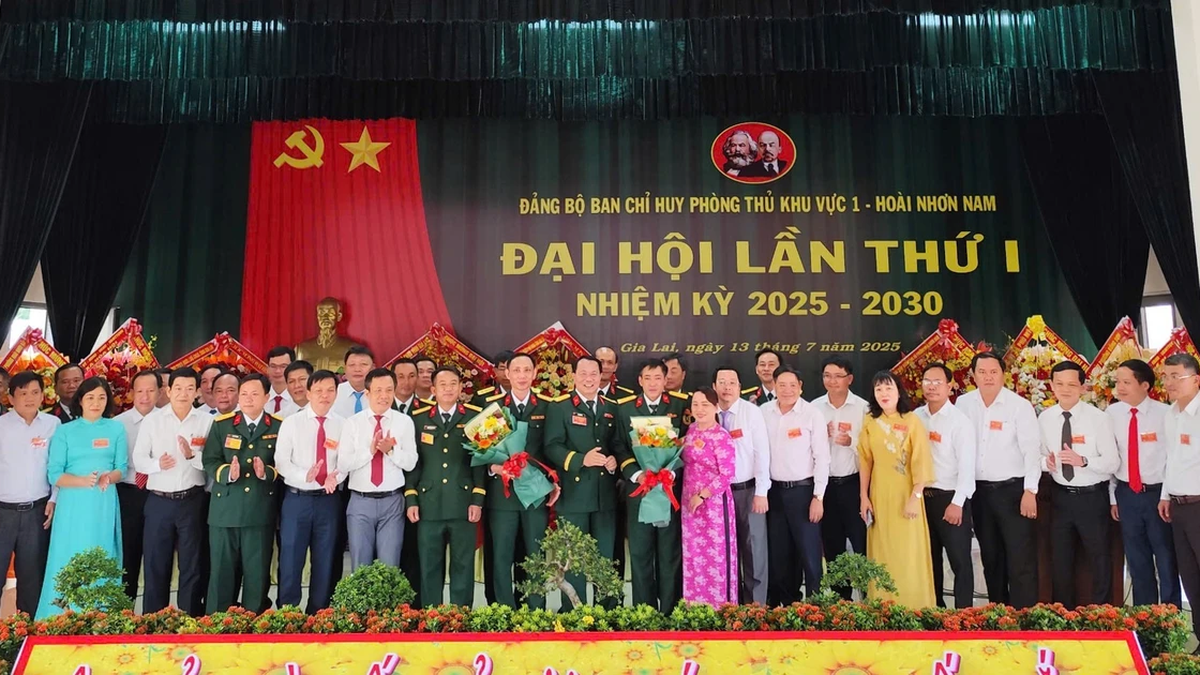
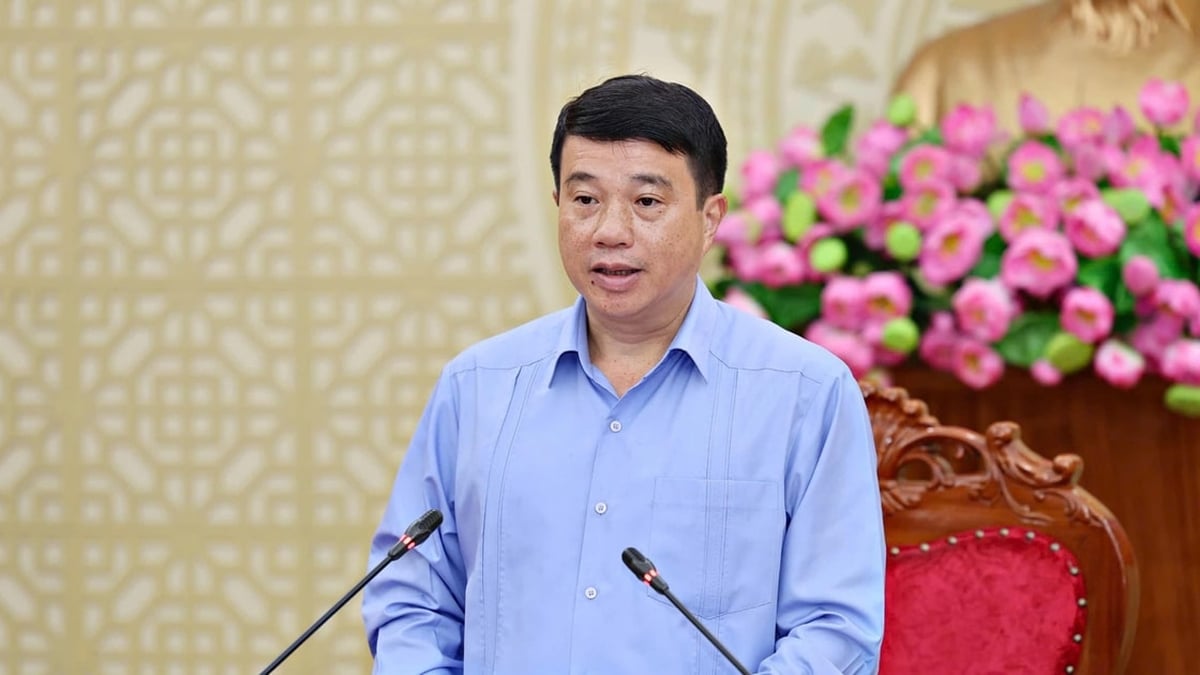













































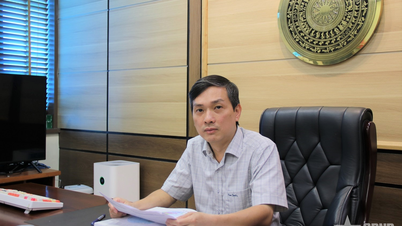








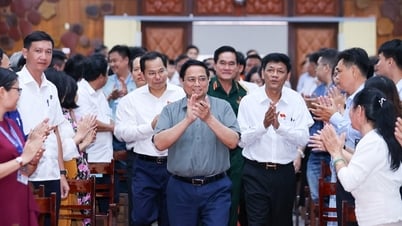


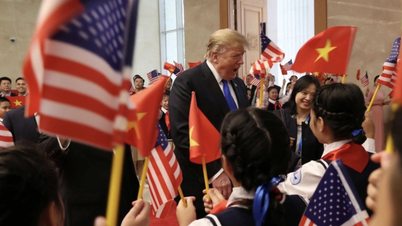
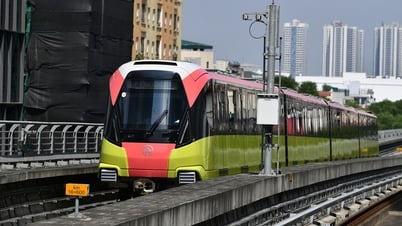
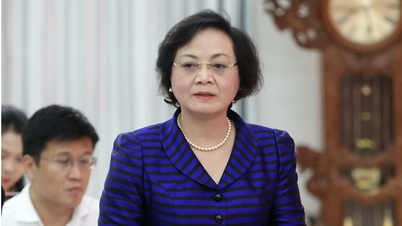

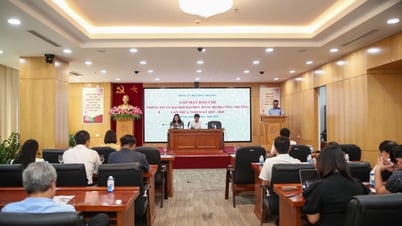


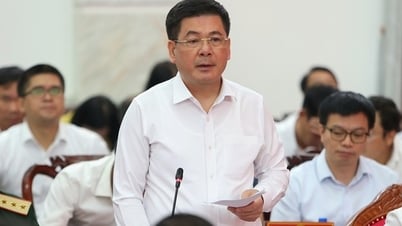

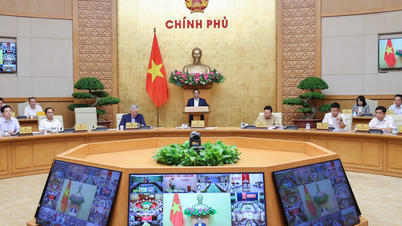
























Comment (0)